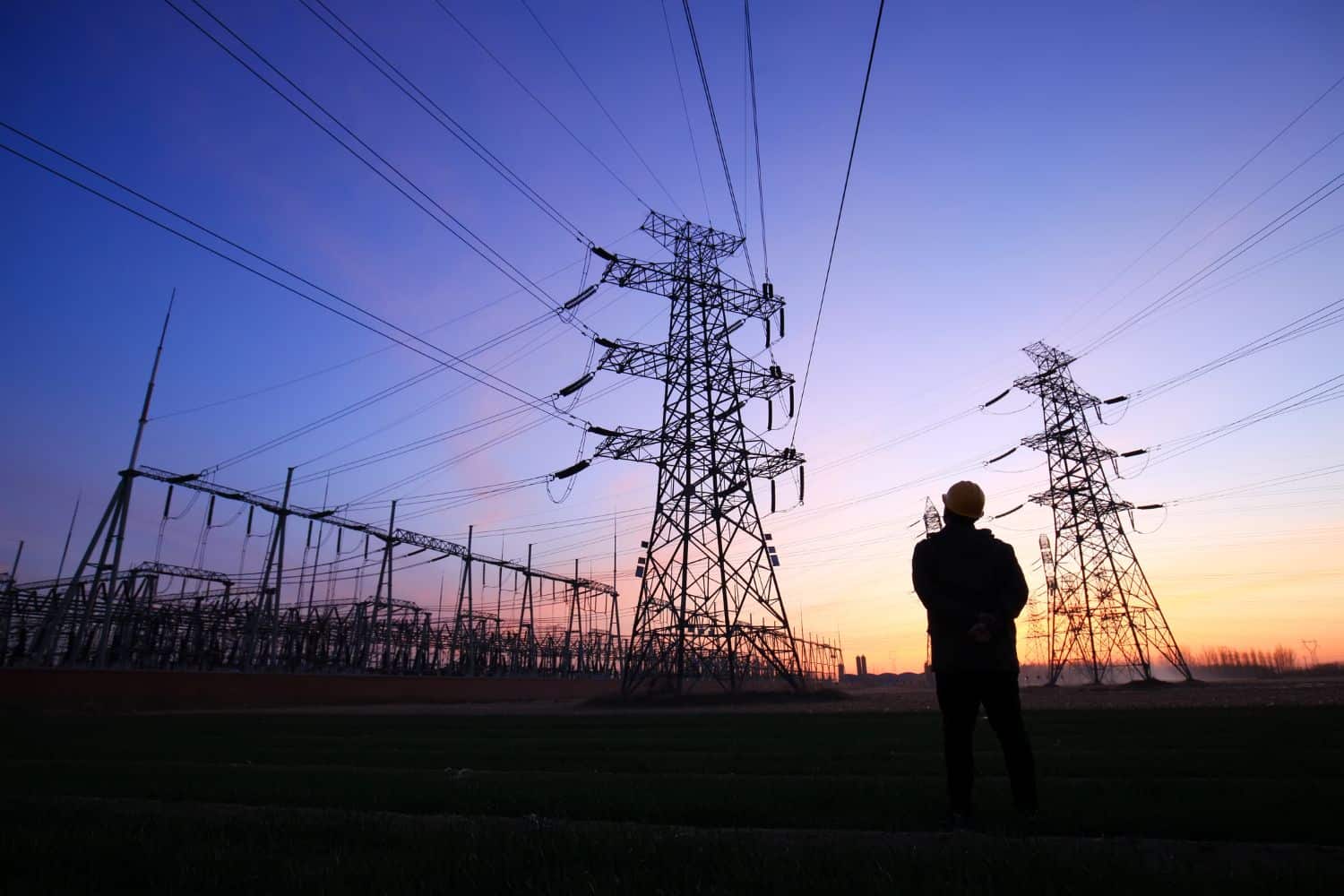The SACP vows to protect working-class and poor families against Eskom’s 8.8% electricity tariff hikes in 2026-28.

The South African Communist Party (SACP) will stand by the working class and the poor to fight high electricity tariffs imposed by Eskom.
The party vowed to mobilise other organisations to oppose tariff hikes of 8.8% for each of 2026-27 and 2027-28 financial years from the initial 5.4% and 6.2%.
It said Eskom’s tariff hikes “represents yet another devastating blow to working-class and poor families” struggling under the cost-of-living crisis.
Eskom tariff hikes a ‘devastating blow’
“The SACP calls on the government to adopt policy measures that make electricity more affordable for working-class and poor families and support industrialisation as a driver of employment,” the party said.
Despite contesting the 2026 local government election separately from the ANC, the SACP would continue to uphold the National Democratic Revolution (NDR).
The NDR is a long-term alliance project led by the ANC, aimed at transforming South Africa into a non-racial, non-sexist, united and democratic society, with economic emancipation that was planned to lead to a socialist future.
ALSO READ: Salga says South Africans can’t continue to bail out government’s inefficiencies after Nersa error
The SACP said it rejects an argument that it should only contest next year on a socialist revolution platform and divorce itself from the NDR.
It said such a suggestion was “theoretically flawed and risked provoking a conflict with the ANC”.
“Our 2026 electoral strategy will be aimed at addressing the crisis of working-class representation,” the party said.
SACP to contest the state power
While some had predicted that the central committee meeting held over the weekend would reverse the SACP decision to contest in 2026 and stick with the ANC, the party reiterated its position to contest the state power, which is an ANC terrain.
The two parties share a common constituency, particularly the black working class and the poor.
NOW READ: Salga says South Africans can’t continue to bail out government’s inefficiencies after Nersa error
Support Local Journalism
Add The Citizen as a Preferred Source on Google and follow us on Google News to see more of our trusted reporting in Google News and Top Stories.






